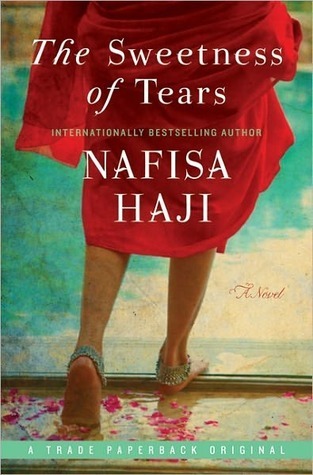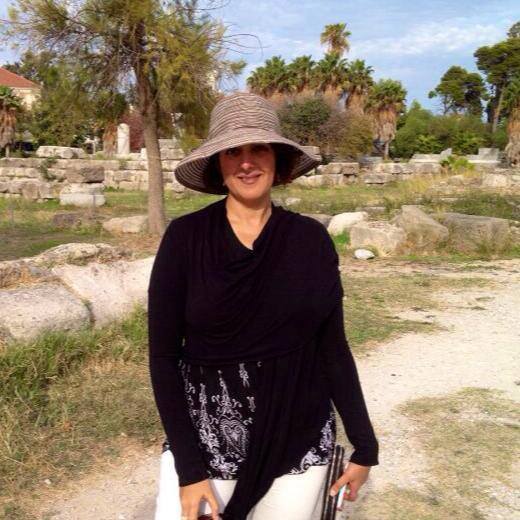What do you think?
Rate this book


405 pages, Kindle Edition
First published May 4, 2011
They that sow in tears shall reap in joy – Psalm 126, v 5There is enough sowing here for a spring planting. For a few minutes at the beginning of the book I thought this might be an edition of the new Lifetime series Chick-Lit, South Asia. But it turned out to be an intelligent, content-rich novel, reminding me very much of the work of Thrity Umrigar. Haji takes a close look at two families from different worlds, one Christian, one Muslim. Across generations each family suffers its own partitions, copes with its own secrets, makes its own mistakes, and weeps the same human tears.
